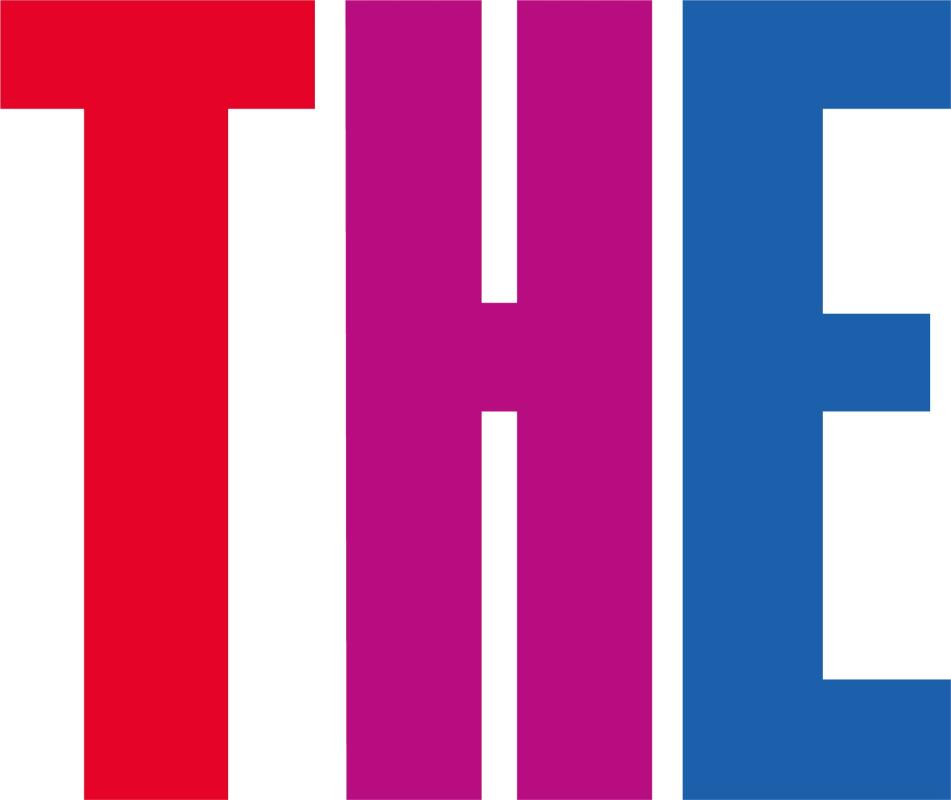You have /5 articles left.
Sign up for a free account or log in.
Iranian academics face being forced out of their jobs as the regime clamps down on any remaining dissent in universities, researchers have warned.
 Reports of scholars being retired early or dismissed indicate that the Iranian government has ordered a cleansing of academia in the wake of protests that have gripped the country since September. Demonstrations were triggered by the death in police custody of Mahsa Amini, who was accused of wearing her hijab “improperly.”
Reports of scholars being retired early or dismissed indicate that the Iranian government has ordered a cleansing of academia in the wake of protests that have gripped the country since September. Demonstrations were triggered by the death in police custody of Mahsa Amini, who was accused of wearing her hijab “improperly.”
“We can expect more expulsions of students and faculty and a more conservative academic curriculum in the coming months,” said Mehrzad Boroujerdi, author of Iranian Intellectuals and the West and vice provost of Missouri University of Science and Technology.
He listed examples of those already targeted, such as Mohsen Borhani, a law lecturer at Tehran University who was fired after he questioned the legitimacy of death sentences for protesters. At least nine professors in the Faculty of Political Science at the Islamic Azad University have had their contracts terminated, according to Iranian media.
Meanwhile, the government is taking steps to install regime loyalists in the top ranks of academia, recently appointing the ultra-conservative cleric Abdolhossein Khosrowpanah as secretary of the Supreme Council of the Cultural Revolution—the body responsible for appointing university deans and heads of scholarly academies.
Boroujerdi said the appointment was another “signal that the regime is doubling down.”
“The state will use this opportunity to water down the quality of the curriculum,” he added.
Nader Hashemi, director of the Center for Middle East Studies at the University of Denver, agreed. He predicted a top-down push to ensure that academics are “all reading from same playbook,” with those who criticize the regime facing an end to their careers.
“The consequences of that … in these economically tough times is catastrophic,” he said.
Recent moves to eliminate any opposing voices echo Tehran’s strategy in 2009, when protests erupted over what many regarded as a rigged presidential election, Hashemi noted. That year, supreme leader Ali Khamenei warned that the country had too many students in social sciences and the humanities—disciplines seen as “not inculcating loyal citizens.”
“Very similar things were done … A lot of professors were forced to retire,” Hashemi said.
Even before these recent layoffs, the ranks of scholars willing to criticize the regime had already been thinned, with anyone hired by a university having to undergo extensive background checks aimed at weeding out dissenters.
Nevertheless, Hashemi said he suspected that the number of academics affected by the regime’s clear-out was “much higher” than latest reports suggest.
“This is something the regime doesn’t want to advertise,” he said, adding that outspoken professors were “embarrassing” for the government and “difficult to spin” positively.
Meanwhile, the protests appear to be flagging, with the government recently announcing that it would release some student protesters—a sign that it feels “confident” enough that it has quelled recent dissent, Hashemi said.
But many others remain behind bars, said Jason Brodsky, policy director of United Against Nuclear Iran, a U.S.-based nonprofit organization.
“We are seeing the Iranian system seeking to ‘re-educate’ students who don’t meet the criteria for more stringent punishment like imprisonment or, even worse, death sentences,” he said.
In the longer term, simmering discontent will likely mean that Iran’s universities face more empty classrooms, warned Afshin Ellian, a Dutch-Iranian professor of law and head of the department of jurisprudence at Leiden University.
“Thousands of students may not enter universities for the time being … We see student resistance going underground,” he said.




